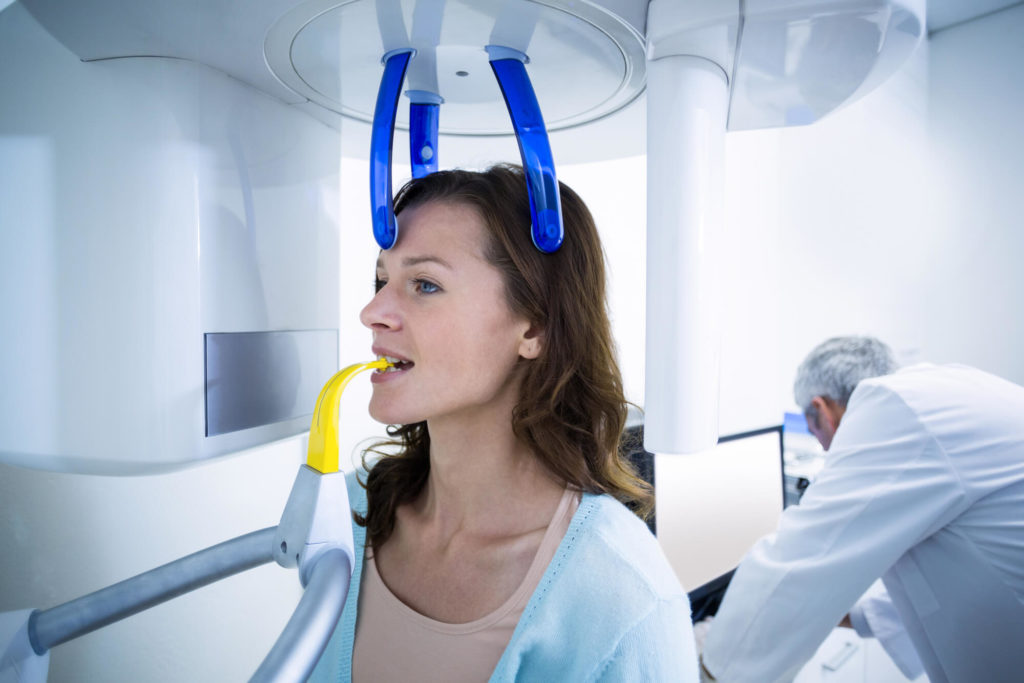Revolutionizing Dental Practices: The Benefits of Virtualization and Containerization with Managed Cloud Hosting Services

Dental practices are constantly seeking ways to improve their workflows and increase efficiency. With the rise of new technologies, virtualization and containerization have emerged as popular solutions for streamlining IT operations. Managed cloud hosting services have become an essential component for successful implementation of these technologies.

Benefits of Virtualization for Dental Practices
Virtualization is the process of creating virtual versions of operating systems, servers, and applications on a single physical machine. This technology provides significant benefits for dental practices, including:
Improved Server Utilization and Cost Savings
Virtualization allows dental practices to run multiple virtual machines on a single physical server. By doing so, practices can reduce hardware expenses while increasing server utilization. This results in reduced energy consumption and lowers the cost of IT maintenance.
Increased Security and Data Protection
Virtualization provides a secure environment for running applications and storing data. By isolating applications and data from the host machine, virtualization ensures that sensitive information is protected from unauthorized access.
Enhanced Flexibility and Scalability
Virtualization makes it easy to add or remove virtual machines, adjust computing resources, and quickly migrate workloads. Dental practices can scale their IT infrastructure based on their specific needs, and resources can be allocated dynamically to ensure optimal performance.
Benefits of Containerization for Dental Practices
Containerization is a lightweight alternative to virtualization, in which an application and its dependencies are packaged together in a single container. This technology offers several benefits for dental practices, including:
Improved Application Portability and Efficiency
Containers can be easily moved from one environment to another without the need for modification. They provide a consistent application runtime environment, making it easier to manage software dependencies and reducing deployment time.
Streamlined Deployment and Management
Containers provide a simple and efficient way to deploy and manage applications. Because containers are self-contained, dental practices can deploy new applications and updates more quickly and with fewer errors.
Greater Flexibility and Scalability
Containers allow dental practices to quickly and easily scale their IT infrastructure. With containers, resources can be easily added or removed to match the needs of the practice. This results in better application performance and reduces the risk of downtime.
Managed Cloud Hosting Services for Dental Practices
Managed cloud hosting services provide dental practices with a comprehensive suite of tools and services to optimize the use of virtualization and containerization technologies. Benefits of using a managed cloud hosting service include:
Definition of Managed Cloud Hosting Services
Managed cloud hosting services are designed to simplify and streamline IT operations for dental practices. These services include infrastructure management, monitoring, security, backups, and 24/7 support.
Benefits of Using a Managed Cloud Hosting Service for Virtualization and Containerization
Managed cloud hosting services allow dental practices to focus on patient care while leaving the management of their IT infrastructure to the experts. They provide comprehensive management and support for virtualization and containerization, resulting in improved performance, reliability, and security.
Best Practices for Implementing Virtualization and Containerization in Dental Practices
Dental practices can follow best practices to ensure successful implementation of virtualization and containerization technologies. These best practices include:
Recommendations for Dental Practices Looking to Adopt Virtualization and Containerization
Dental practices should start by identifying their specific IT needs and goals. They should then determine the most suitable virtualization and containerization solutions based on these needs and goals.
Common Challenges and How to Overcome Them
Implementing virtualization and containerization technologies can present challenges for dental practices. These challenges may include integration issues, data security concerns, and infrastructure compatibility issues. To overcome these challenges, dental practices should work with experienced IT professionals who can help them identify and address these issues.
Tips for Optimizing Performance and Minimizing Downtime
To optimize performance and minimize downtime, dental practices should ensure that their virtualization and containerization solutions are properly configured and regularly maintained. This includes regular updates, security patches, and testing. In addition, you should have a disaster recovery plan in place to ensure that critical data and applications can be recovered in the event of a system failure or other disaster.

Harness the Power of Virtualization, Containerization, and Managed Cloud Hosting Services
Virtualization and containerization technologies are transforming the way dental practices manage their IT infrastructure. By leveraging these technologies, dental practices can improve their efficiency, reduce costs, and enhance the quality of patient care.
Managed cloud hosting services provide the necessary support and management to ensure the successful implementation of these technologies.
Optimize your dental practice’s IT infrastructure by following best practices and working with experienced IT professionals. Reach out to leverage the benefits of virtualization and containerization while minimizing associated challenges and risks.

